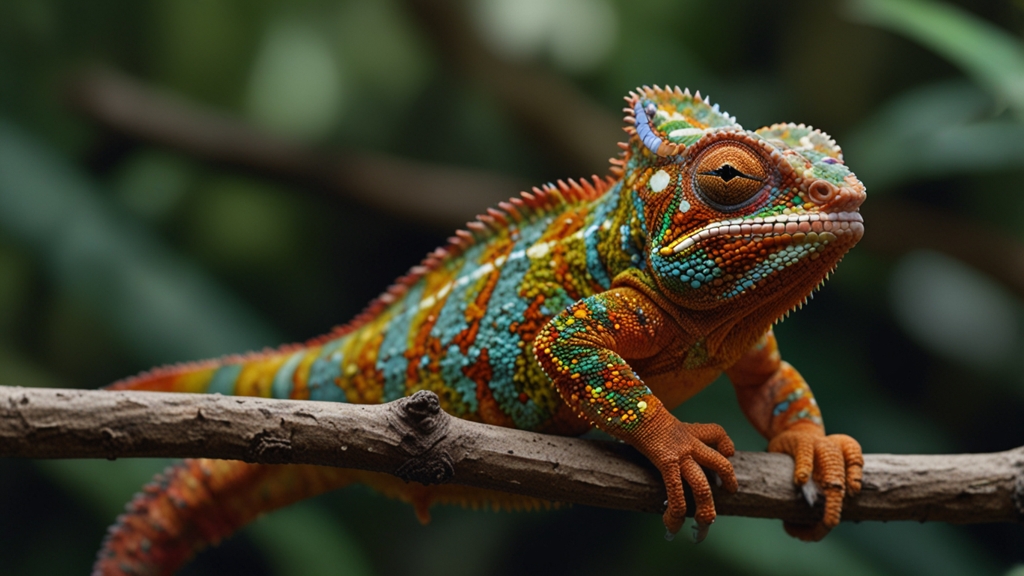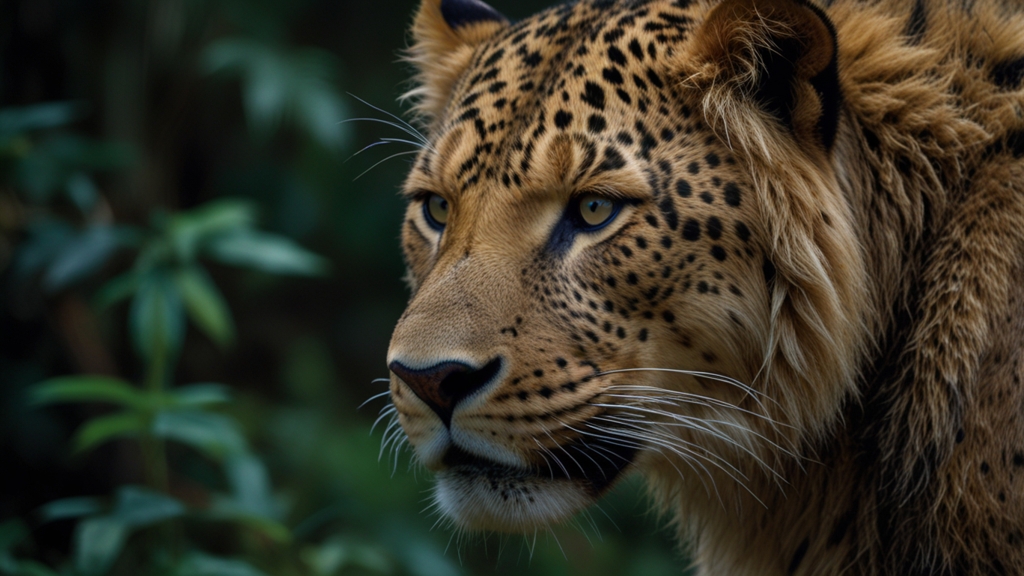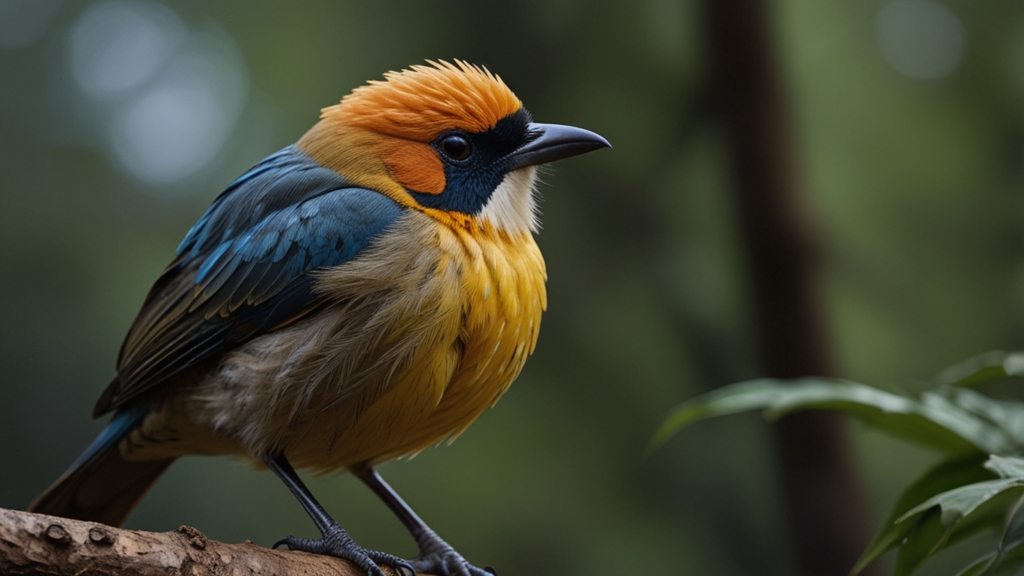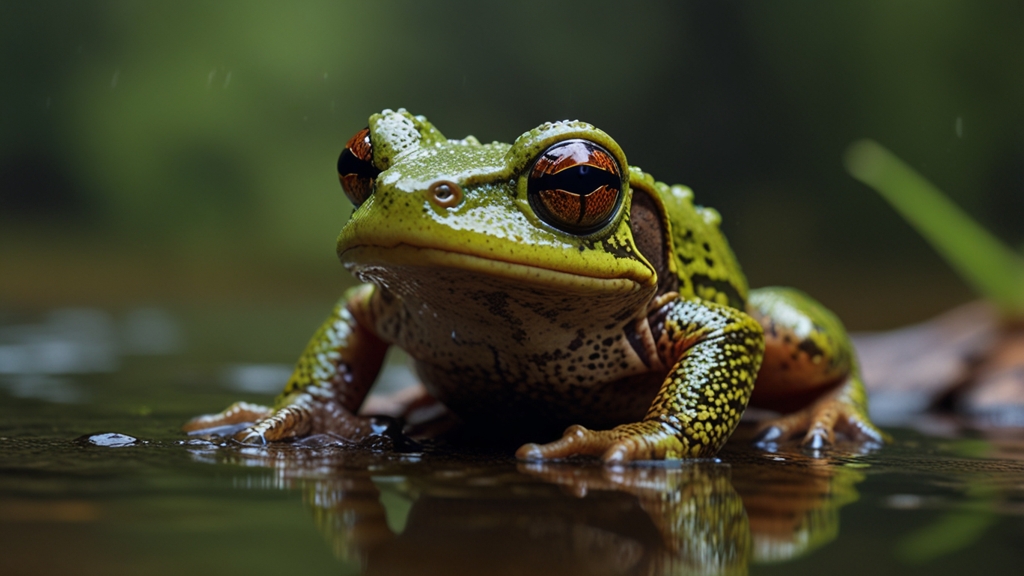Uncovering the Mysteries of Animal Intelligence
The concept of intelligence has long been a subject of fascination and inquiry. While human intelligence is often the primary focus, researchers are increasingly turning their attention to the cognitive capabilities of non-human animals. Understanding animal intelligence not only broadens our knowledge of the natural world but also challenges the perceived exclusivity of human cognitive traits. This article delves into various aspects of animal intelligence, exploring the groundbreaking research and observations that are shedding light on this intriguing phenomenon.
The Scope of Animal Intelligence
Animal intelligence is a broad and multi-faceted area of study. It encompasses a range of cognitive processes including problem-solving, communication, self-awareness, and emotional intelligence. Various species exhibit these capabilities in ways that are often remarkably sophisticated and, at times, quite similar to human behaviors.
Problem-Solving Skills
One of the most compelling indicators of intelligence in animals is their ability to solve problems. Corvids, specifically crows and ravens, are renowned for their problem-solving skills. These birds have been observed using tools to access food, a behavior that requires forward planning and an understanding of cause and effect.
In one experiment, New Caledonian crows demonstrated the ability to use a sequence of tools to obtain an out-of-reach treat. This showcases not just tool use but also the ability to plan several steps ahead, a trait that was once thought to be uniquely human.
Communication Skills
Communication is another area where certain animals display remarkable intelligence. Dolphins, for instance, use a complex system of vocalizations to communicate with each other. These vocalizations include unique signature whistles that function much like human names, identifying individual dolphins.
Research has shown that dolphins can understand abstract concepts, such as symbolic language and syntax, further emphasizing the complexity of their communication abilities.
Self-Awareness and Emotional Intelligence
The mirror test, a standard method for assessing self-awareness, involves marking an animal with a substance that can only be seen with the aid of a mirror. If the animal investigates the mark on its own body, it indicates a level of self-awareness. Great apes, elephants, and even certain bird species like magpies have passed this test, suggesting a profound degree of self-recognition.
Emotional intelligence in animals is also a burgeoning field. Elephants, for instance, display behaviors indicative of grief, empathy, and even altruism. These complex emotional responses highlight that the inner lives of animals can be far richer than previously understood.
Implications and Ethical Considerations
The growing body of evidence around animal intelligence has significant ethical implications. Recognizing advanced cognitive abilities in animals could necessitate changes in the way humans interact with and treat other species. Issues such as habitat destruction, animal testing, and industrial farming come under renewed scrutiny when viewed through the lens of animal intelligence.
Understanding that animals possess intricate cognitive and emotional lives challenges us to treat them with greater respect and consideration. This shift in perspective might ultimately lead to more humane and ethical practices in a variety of fields.
Conclusion
Uncovering the mysteries of animal intelligence opens up a fascinating world that defies traditional boundaries between human and non-human capabilities. From problem-solving birds to empathetic elephants, the diverse manifestations of animal intelligence invite us to rethink our place in the natural world. As research continues to evolve, one can only anticipate further revelations that will continue to blur the lines between human and animal cognitive abilities.
Ultimately, recognizing and appreciating the depth of animal intelligence has the potential to foster a more empathetic and ethical world, where all species are valued and respected.










